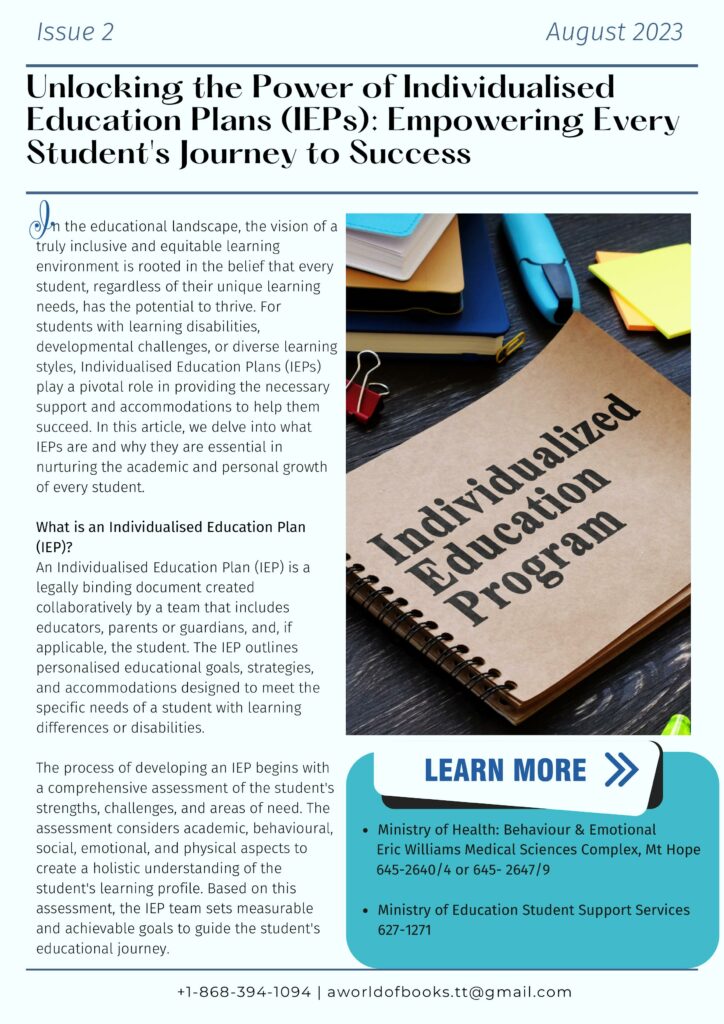
Credit: www.facebook.com
What is an Individualized Education Program (IEP)?
An Individualized Education Program (IEP) is a legal document under United States law. It is developed for each public school child in the U.S. who needs special education. The IEP is created through a team of the child’s parent and district personnel who are knowledgeable about the child’s needs.
Understanding the Purpose of an IEP
An IEP, also known as an Individualized Education Plan, is a plan or program developed to ensure that a child with an identified disability attending an elementary or secondary educational institution receives specialized instruction and related services.
Components of an IEP
An IEP consists of several key components:
- Current level of performance
- Specific and measurable goals
- Service delivery
Qualifying for an IEP in Texas
To qualify for an IEP in Texas, a child must meet certain criteria outlined in the Texas Parent’s Guide. If a child is eligible for special education services, the admission review and dismissal committee is required to develop an individualized education program.
Writing an Effective IEP
To write an effective IEP, it is important to consider the following:
- Properly identifying the unique education needs of the child
- Setting specific and measurable goals
- Determining the appropriate educational placement and additional related services
Resources for IEP Development and Advocacy
When developing and advocating for an IEP, these resources can be helpful:
- The Complete IEP Guide: How to Advocate for Your Special Ed Child
- The IEP from A to Z: How to Create Meaningful and Measurable Goals and Objectives
- All about IEPs: Answers to Frequently Asked Questions about IEPs
- Nolo’s IEP Guide
- Inclusive Education Project (IEP) Podcast
- The Parent IEP Lab
- The Special Ed Strategist: Learning Disabilities & IEP (Dyslexia, Executive Function) Tips with Wendy Taylor, M.Ed., ET/P

Credit: aspire.nsw.edu.au
Accessing IEP Services
For parents seeking information on accessing IEP services, it is important to understand how to navigate through the process. Some kids may be eligible for individualized education programs in public schools, free of charge. Understanding the steps involved can help ensure your child receives the support they need.
Frequently Asked Questions For Individualized Education Programs: Unlocking Success For Every Student
What Is An Iep And What Is Its Purpose?
An Individualized Education Program (IEP) is a legal document for special education services to meet a child’s needs.
What Is An Individualized Education Program Idea?
An Individualized Education Program (IEP) is a legal document developed for children in U. S. public schools who need special education. It outlines the student’s current performance, goals, educational placement, and services to be provided. The IEP is created by a team of parents and school personnel.
What Are The 3 Most Important Parts Of An Iep?
The three most important parts of an IEP are the current performance level, specific and measurable goals, and service delivery. These essential components work together to support each other and ensure the child receives the necessary specialized instruction and related services.
What Qualifies A Child For An Iep In Texas?
In Texas, a child qualifies for an Individualized Education Program (IEP) if they need special education. The child’s parent and school district create the IEP to address the child’s unique needs.
Conclusion
An Individualized Education Program (IEP) is an essential tool for providing specialized education and related services to children with disabilities. By understanding the purpose, components, and requirements of an IEP, parents can ensure their child receives the education they deserve.
